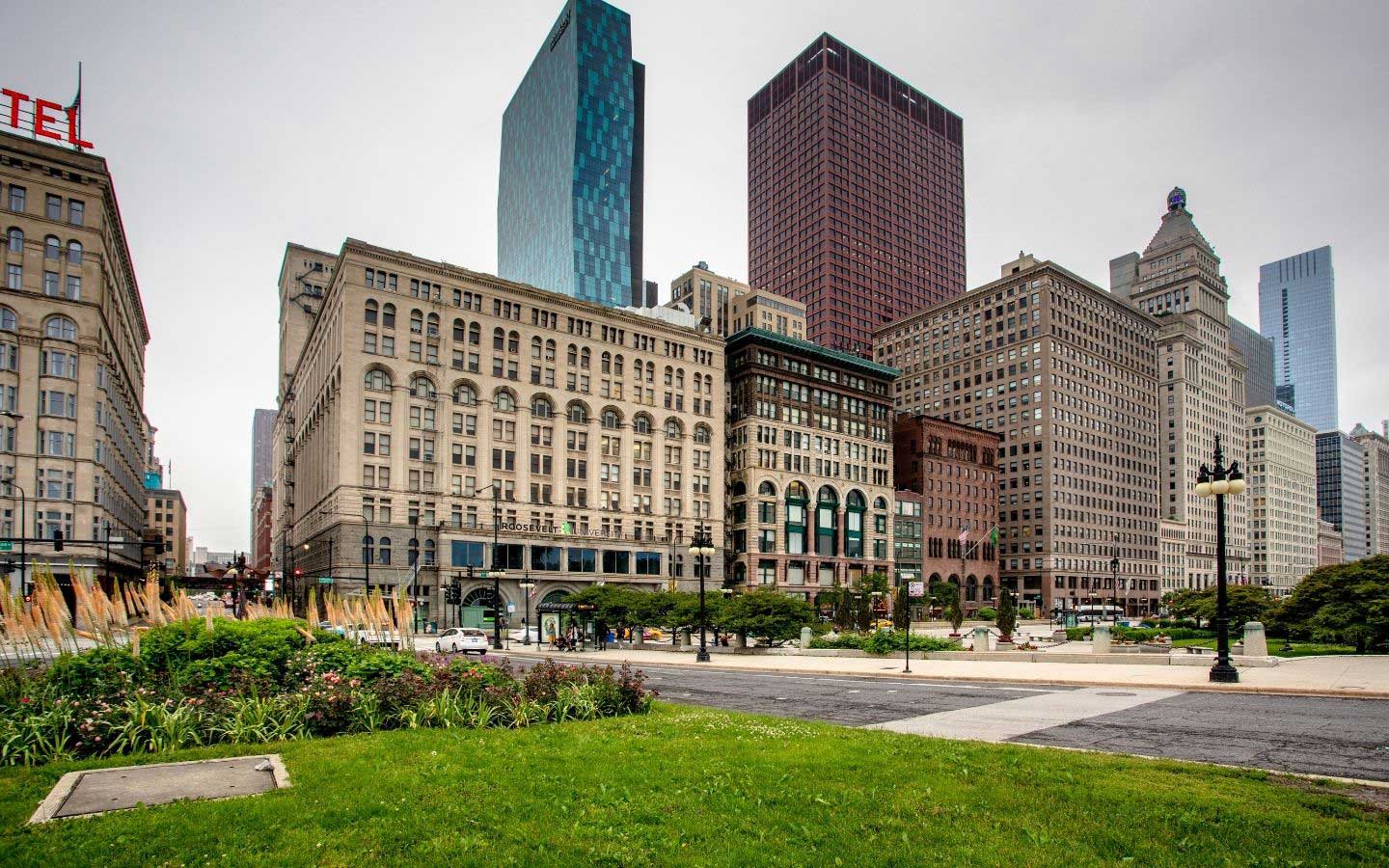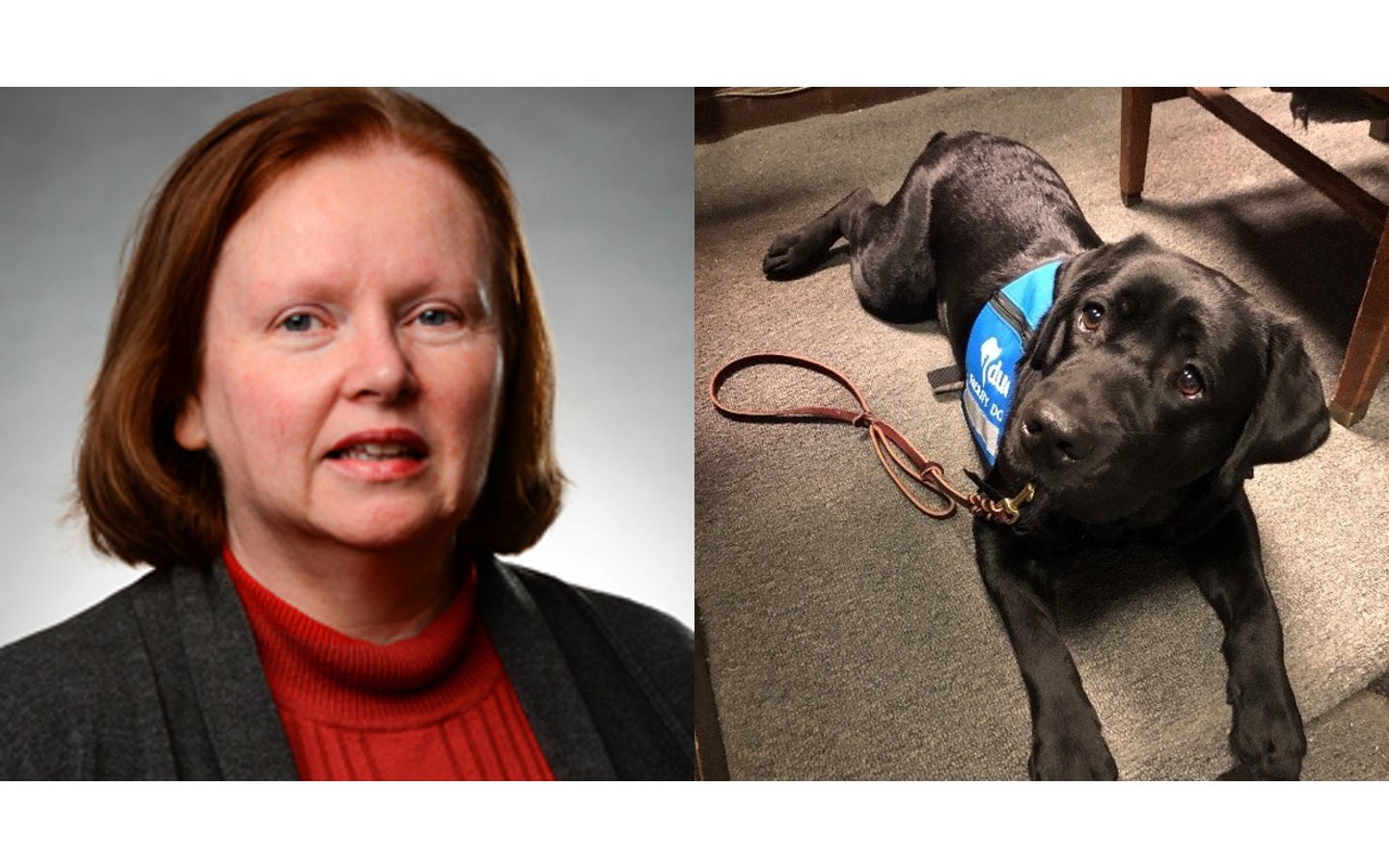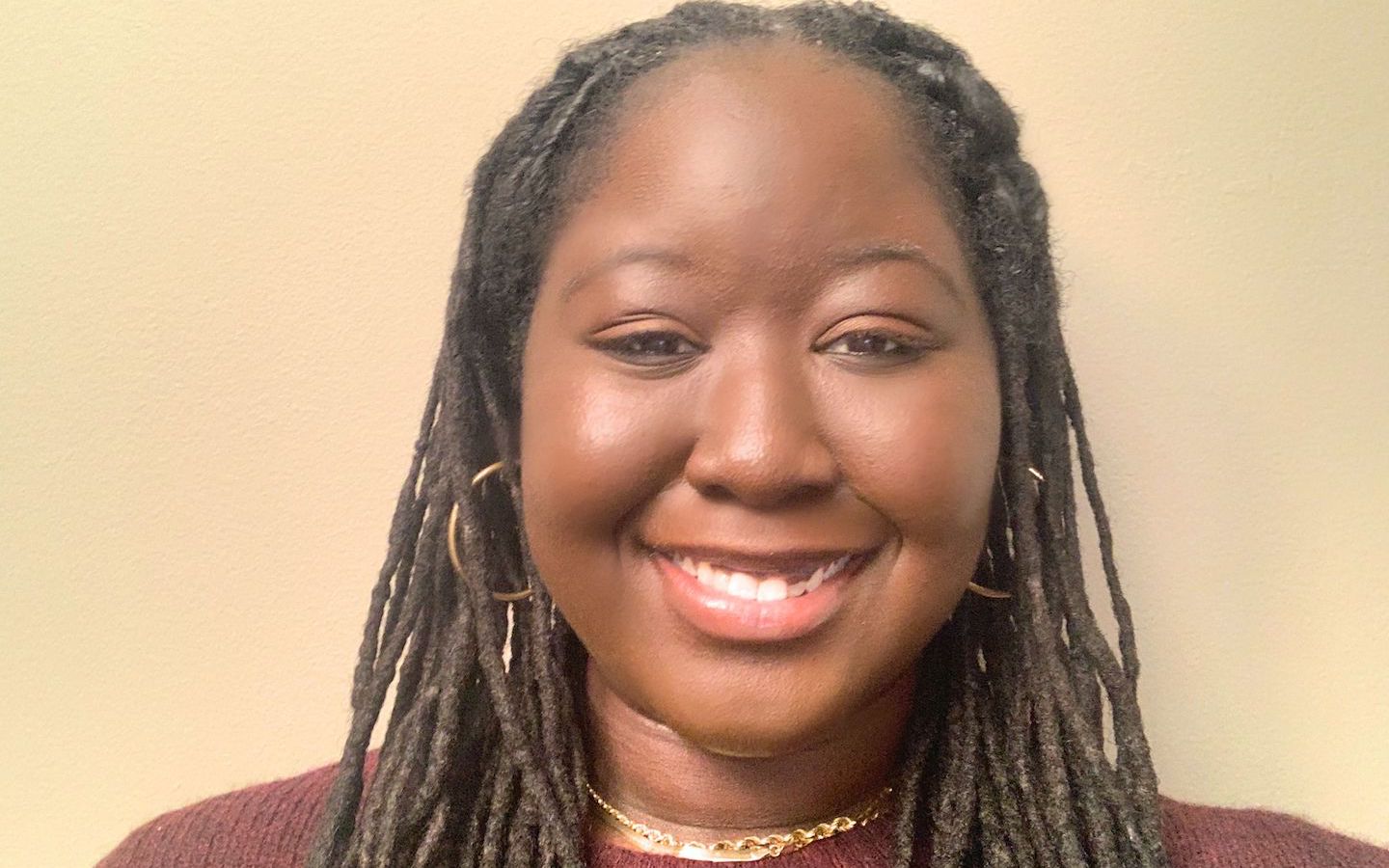
In keeping with Roosevelt’s social justice mission and to celebrate the 50th anniversary of the University’s Paralegal Studies Program, the College of Humanities, Education & Social Sciences will launch a legal clinic this summer to assist RU community members and underserved Chicago residents with a variety of services at reduced rates compared to other legal providers and law firms. The clinic’s establishment is thanks to the tireless efforts of paralegal professor Jim Fine, who in addition to teaching full-time at Roosevelt continues a private litigation, estate planning and bankruptcy practice.
Ever since his campus activism at the University of Wisconsin-Madison in the late 1960s, and throughout his 41-year tenure at Roosevelt, Fine has been passionate about social justice and using the law to help disadvantaged groups. He developed the idea that he could use his professional background and Roosevelt’s resources to develop an on-campus clinic to serve the University’s students who came from low-income backgrounds. He then created a proposal with CHESS and the Division of Student Affairs that was quickly accepted.
“The current administration has been so enthusiastic about this idea, and they understand how this clinic is in keeping with Roosevelt’s long history of social justice that influences all that we do,” he says. “The ability to teach here while still maintaining my practice and serving the broader Chicago community is very fulfilling.”
Fine realized that he would need support beyond Roosevelt to make the clinic a reality, and the response from the Chicago legal and academic community has been overwhelming. He has applied for grants from the Illinois Bar Foundation and the Circle of Service Foundation; he was able to create partnerships with the firms Perkins Coie and Romanucci & Blandin to manage immigration and personal injury cases; and he has acquired free access to Smokeball, a software program for legal case management and CS Disco software for legal electronic discovery (E-Discovery) and documentation, two software programs he has taught in the Legal Technology course for the past decade.
Additionally, the clinic will offer internships for at least two Roosevelt paralegal students and they will learn how legal software skills, case management and client relations are applied to real-world cases. Fine envisions the clinic as an environment where RU students can receive consultation on difficult subjects like bankruptcy, mortgage refinancing and estate planning in a supportive environment and at a fraction of the cost that larger Chicago firms charge.
“We want to serve all the distinct communities at Roosevelt—whether they are international students, veterans or staff—and give them honest consultation and legal services that can be inaccessible for people with lower incomes,” he says. “And we want to expand this beyond Roosevelt itself to assist people who fall below the poverty line as determined by the Department of Health and Human Services.”
The clinic is set to open and take on cases beginning this summer, with an official launch on June 18.


